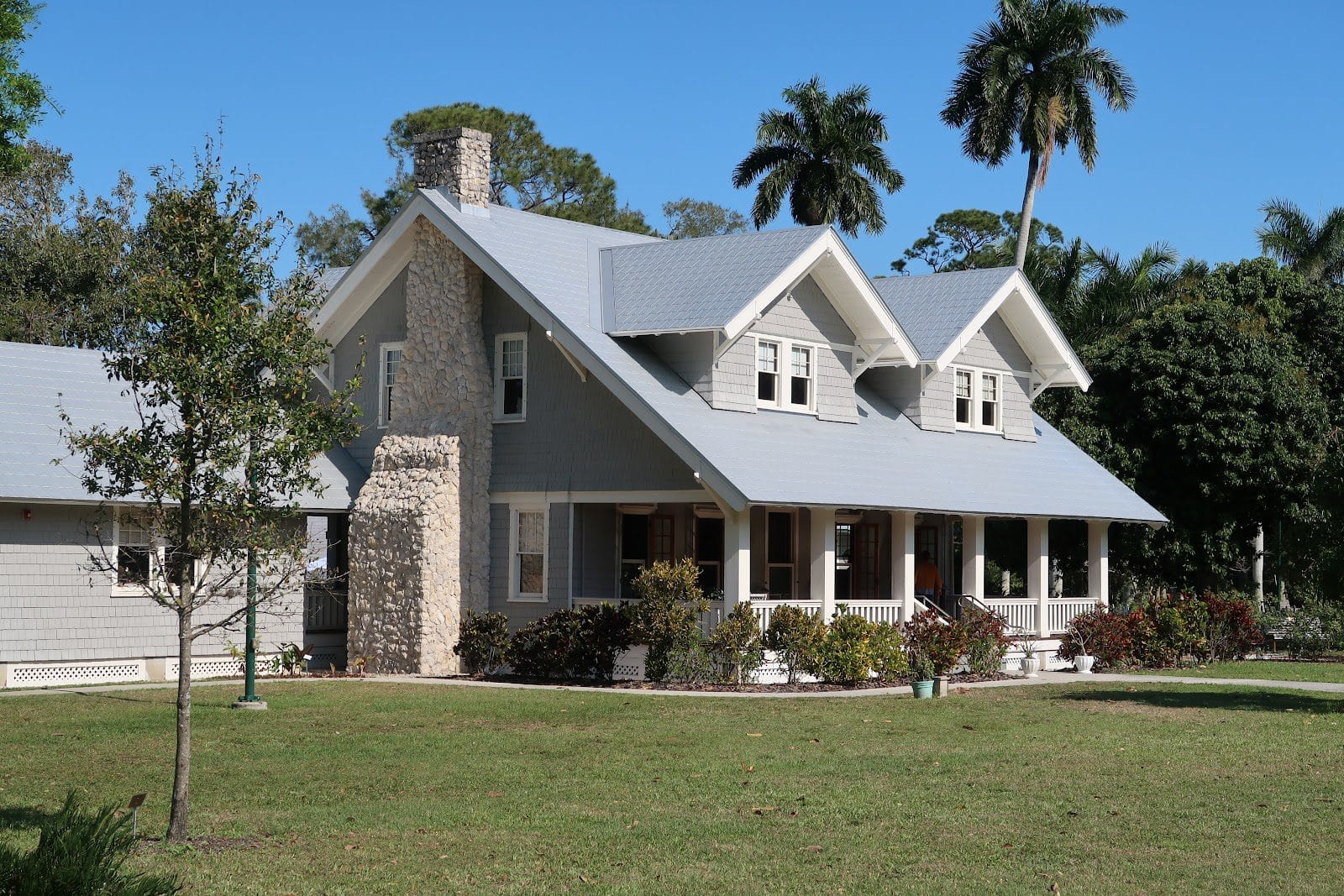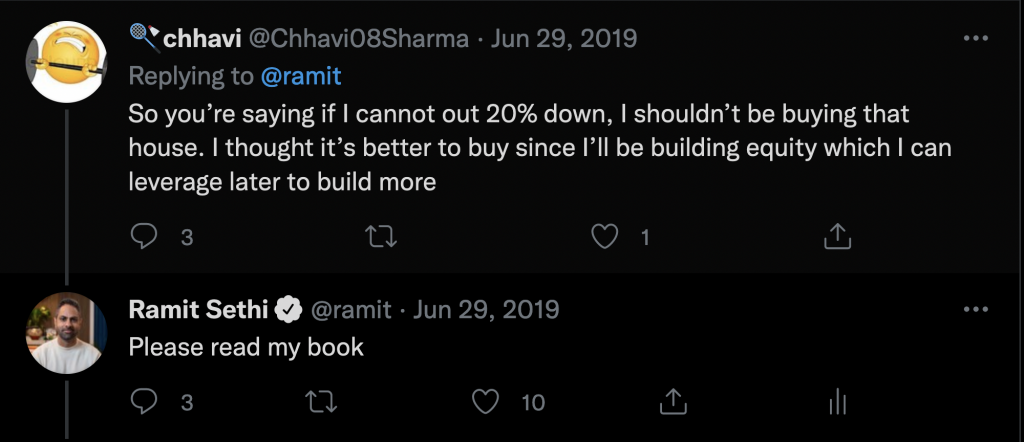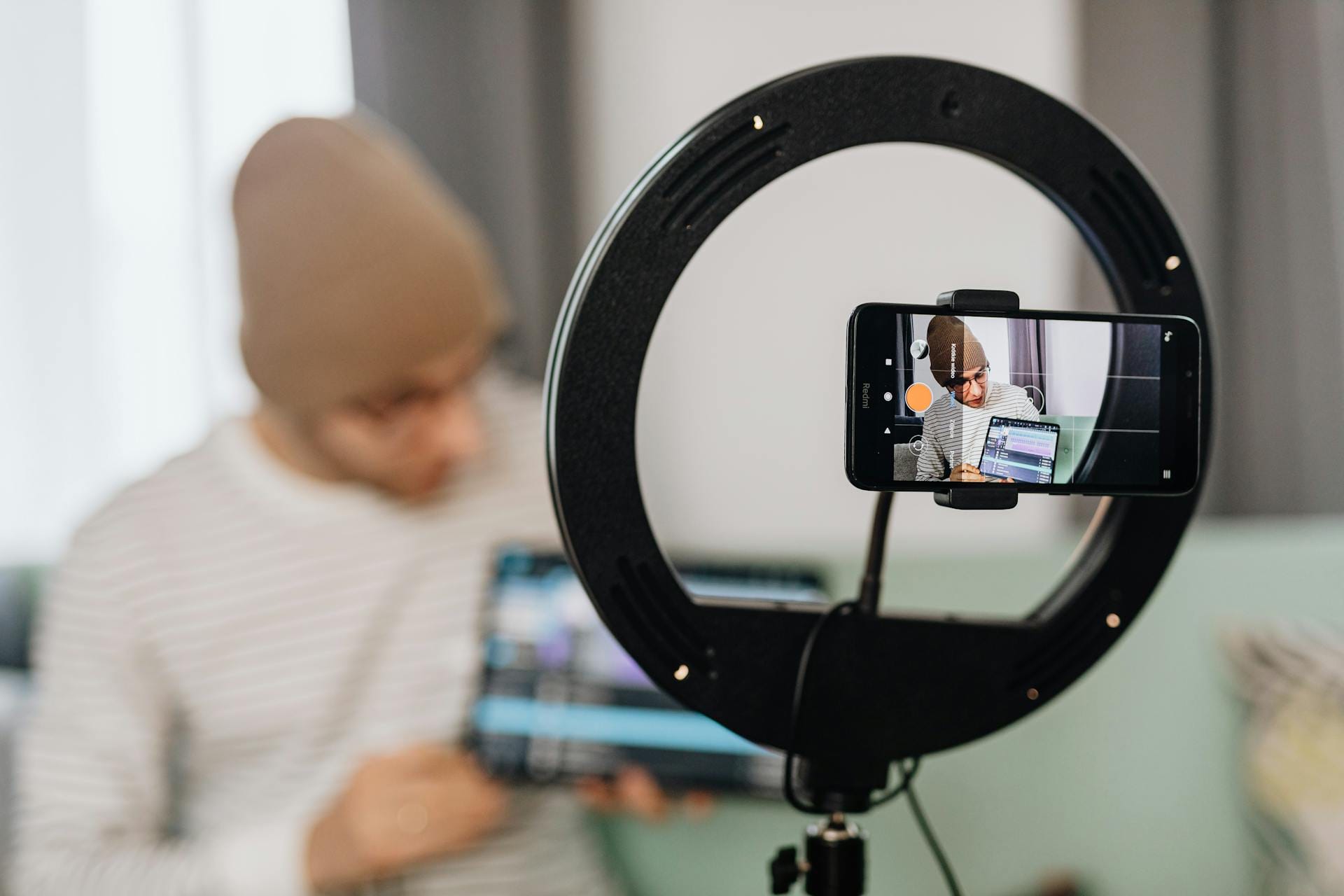
Should I Buy a House Now? (5 Guidelines & Perfect Timing Tips)
Buying a house has been sold as a major part of the American Dream, but for many people, it doesn’t make sense for financial or lifestyle reasons. While there are some good reasons to buy a house, it’s important to examine your particular reasons before you make one of the biggest financial decisions of your life.
Here are 5 guidelines to help you decide if you’re ready to buy a house.
Will you live there for 10+ years?
When you buy a house, a long-term time horizon matters because of the enormous fees and additional costs involved in buying and selling a house. There are closing costs, taxes, furniture, realtor costs, and maintenance.
For example, closing costs for selling a house run around 10% of the house’s selling price. So, if you sell your house for $300,000, closing could cost you $36,000 or more. And that’s just closing costs!
You’ll also have what I call “phantom costs”—property tax, insurance, maintenance, furniture—and, as I talked about in this interview with CBS News, they can add up to 50% per month to the price of owning a home.

If you move again within a short period—for example, four years—all those fees will dwarf any equity gains you may have. Imagine driving a car off the lot: We all know that it instantly loses value. The same is true of your house, and it takes time to amortize (or spread) the costs.
Most people stay in their house for less than 8 years, and that number is the highest it’s been in several decades! Before the 2008 financial crisis, the average length of time Americans stayed put was around 4 years.
Don’t give in to peer pressure to buy a house if you might not stay there for the long term. If you know you’ll move in fewer than 10 years, you will likely make more money by renting and investing in S&P index funds.
- Common mistake: “I’m not moving for a few years. I should buy so I don’t throw money away on rent!”
- Reality: If you buy for a short period, when you factor in all costs, you will almost certainly lose money.
Is your total monthly housing cost lower than 28% of your gross monthly income?
Your total housing costs should be less than 28% of your gross income. When housing costs exceed 28%, you risk being overwhelmed with expenses if something goes wrong (e.g., an unexpected repair, job loss, etc.) Use the 28/36 Rule to see if you can afford your housing.
Here’s an example:
- Assume you make $10,000/month (that’s $120,000 per year gross or before taxes).
- Assume your total housing costs are $2,000 per month. Great! Your housing costs you 20% of your gross income. You pass this test, and you can afford your housing.
- Note that total housing costs include everything: taxes, interest, maintenance, furniture, electricity, water, and even the roof repair 7 years from now (project it).
Why gross income? I use gross because it’s easy to calculate. Everyone knows their gross income, and taxes complicate net income (different people choose different deductions). However, if you prefer to use net income, go for it! I love when people create their own points of view on their finances.
Exceptions to the 28/36 rule
- If you live in an HCOL (high cost of living) area like NYC or Los Angeles, many people stretch the 28% number to 35% or even 40%.
- If you have no debt (e.g., no car payment, student loans, or credit card debt), you might stretch the numbers a little. I’d consider going to around 33%, but I’m conservative with my finances.
- If your income is reasonably expected to go up soon, such as with a job promotion, you may stretch the numbers a little. Again, I’d conservatively consider going to 33%… maybe.
Have you saved a 20% down payment?
If you haven’t saved a 20% down payment, you’re not ready to buy a house.
Why? Not just because of PMI, which is an additional fee you’ll often pay when you get a mortgage without 20% down.
The real reason to save 20% before buying is counterintuitive: building the habit of saving is critical before you buy and have unexpected housing expenses such as a broken water heater, roof, or unexpected taxes.
I frequently get frustrated comments about how “impractical” this rule is. “How am I supposed to save 20%? That will take years!”
Yes, it will—which is exactly why you should save now. Saving is a habit that is better practiced before your mortgage is at risk.

If you write a comment like this, you are not ready to buy a house.
Note: I don’t mean that you have to put 20% down. In some cases, such as low interest rates, many people intentionally choose to put a small amount down. But you should be able to.
Are you OK if the value of your house goes down?
If you are buying because you believe the price of a house always goes up, reconsider: real estate is not always the best investment.
Here are some good reasons to buy a house
- You have kids, and you want to stay in your area or school district and build memories in the same house for at least 10 years
- Your parents are moving in with you
- You want to design a house together with your spouse
- You love repairing and tinkering with a house and making it your own
- You just want to!
Notice what’s not on the list: “You need the price of the house to go up.” Maybe it will—if so, great! Maybe, once you factor in expenses and opportunity costs, you could have gotten a much better return in a simple S&P index fund.
Buy for the right reasons.
Are you excited about buying?
If you’re approaching buying a house with dread—like a heavy feeling of obligation or peer pressure—just stop. You don’t need to buy and you should never feel guilty about renting. I rent by choice. In this video I talk about why.
But if you’re truly excited about buying, then you might be ready to buy.
Perfect Timing to Buy a House
For the biggest purchase of your life, I believe you should be conservative. Take your time; there’s no rush. Most of the time, when you hear people in a big rush to buy, it’s not a careful consideration of facts—it’s fear that they’ll be “priced out” or an emotional rush from seeing headlines of houses selling for way more than they can afford.
Many people who end up in financial trouble skip these rules. Don’t be one of them.
Final thoughts on these rules
You don’t need to follow any of these rules. Your money is yours.
I’m sure you can point to someone who bought a house with 3% down and did fine.
But you’ll rarely hear from people who made disastrous housing decisions. They simply disappear, never to admit their mistakes. Many times, they don’t even know why they got into trouble.
I hear from hundreds of them every month, like Jonathan and Shalom from episode 111 of my podcast. And I can tell you that these rules—though they may be conservative—will keep you out of the biggest sources of financial trouble for people who buy a house they can’t afford.
FAQs
Is it really worth it to buy a house?
Only dive into buying a house if you’re gearing up for the long haul – think 10 years or more. Or, if you’ve got plans to turn it into a rental property. Otherwise, sidestep the real estate hype. Remember, buying a house isn’t a guaranteed win.
How do you decide if you should buy a new house?
Hold off on snapping up that house unless you’ve got cash to burn. Houses are monumental investments, and you’re better off waiting until you can comfortably afford it. Don’t rush; make sure it’s a choice that fits your financial landscape like a glove.
…but you don’t have to take the same path as everyone else. How would it look if you designed a Rich Life on your own terms? Take our quiz and find out:



